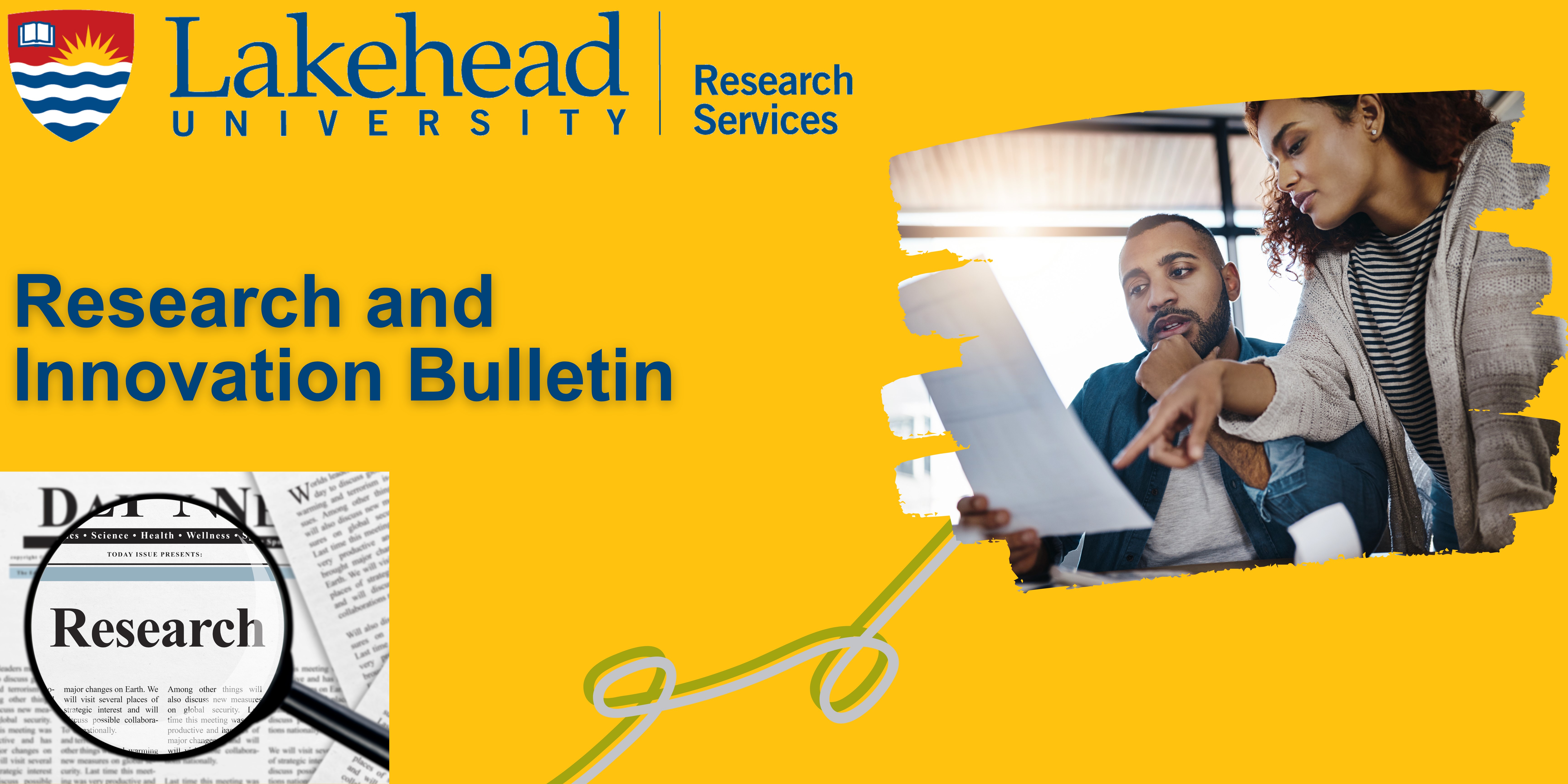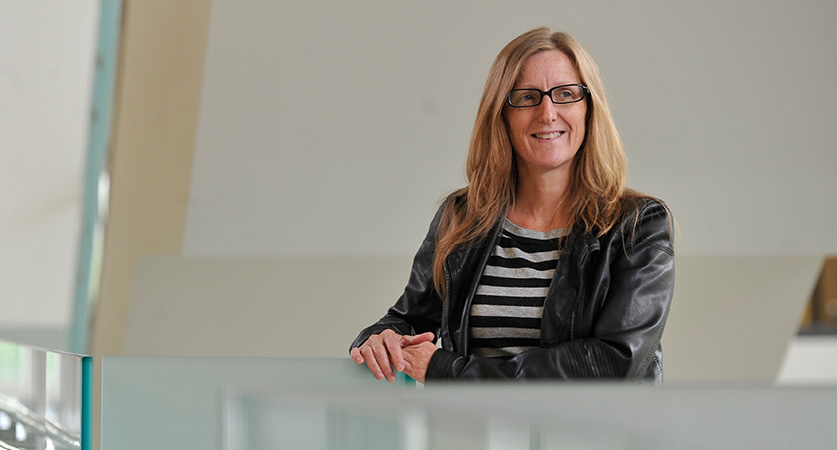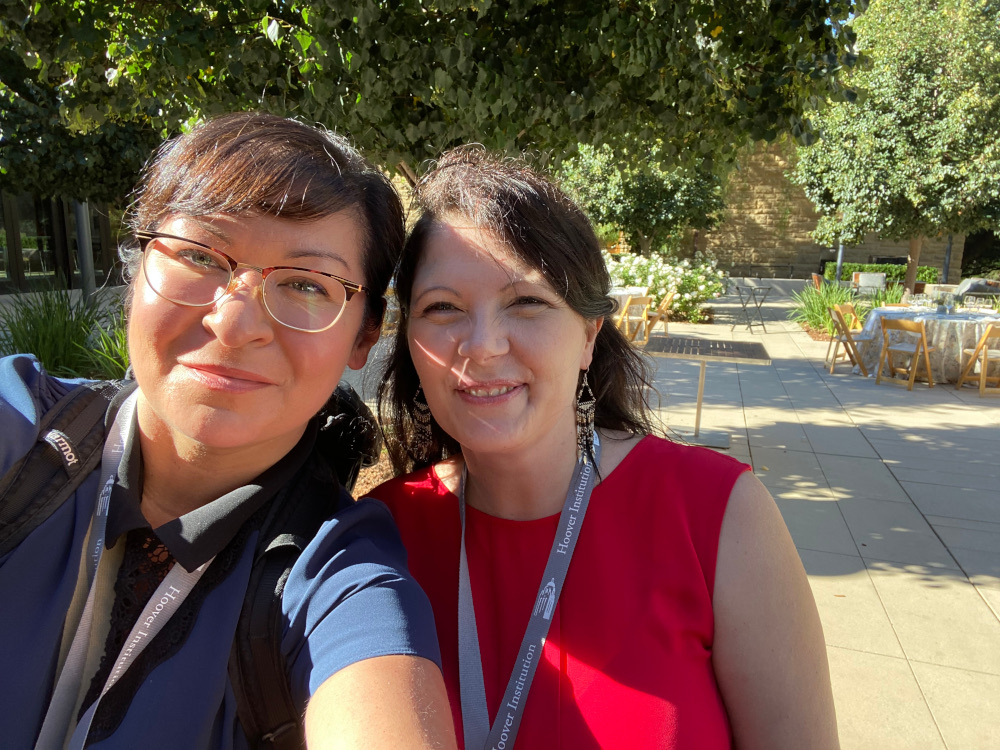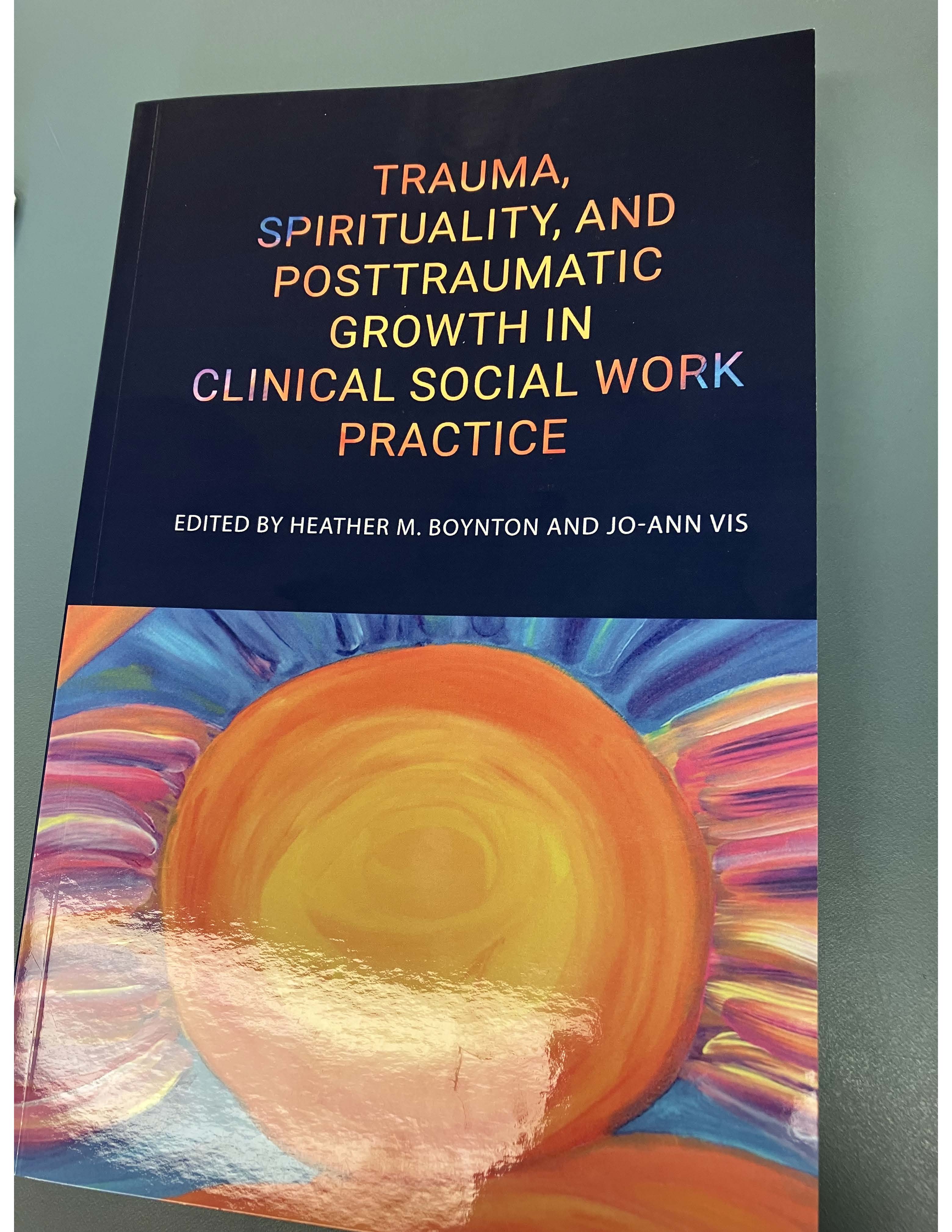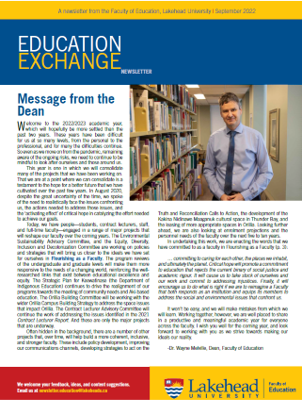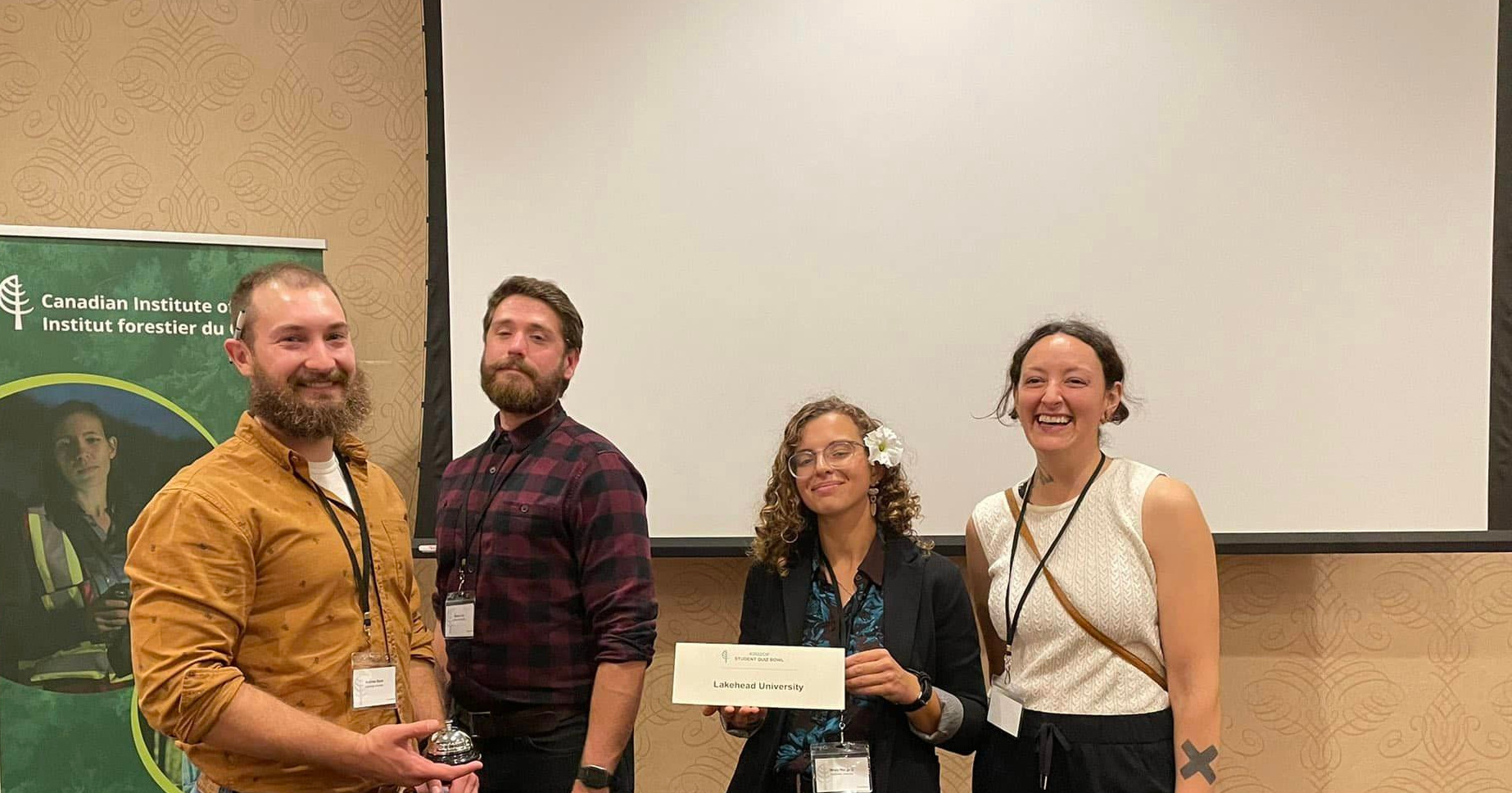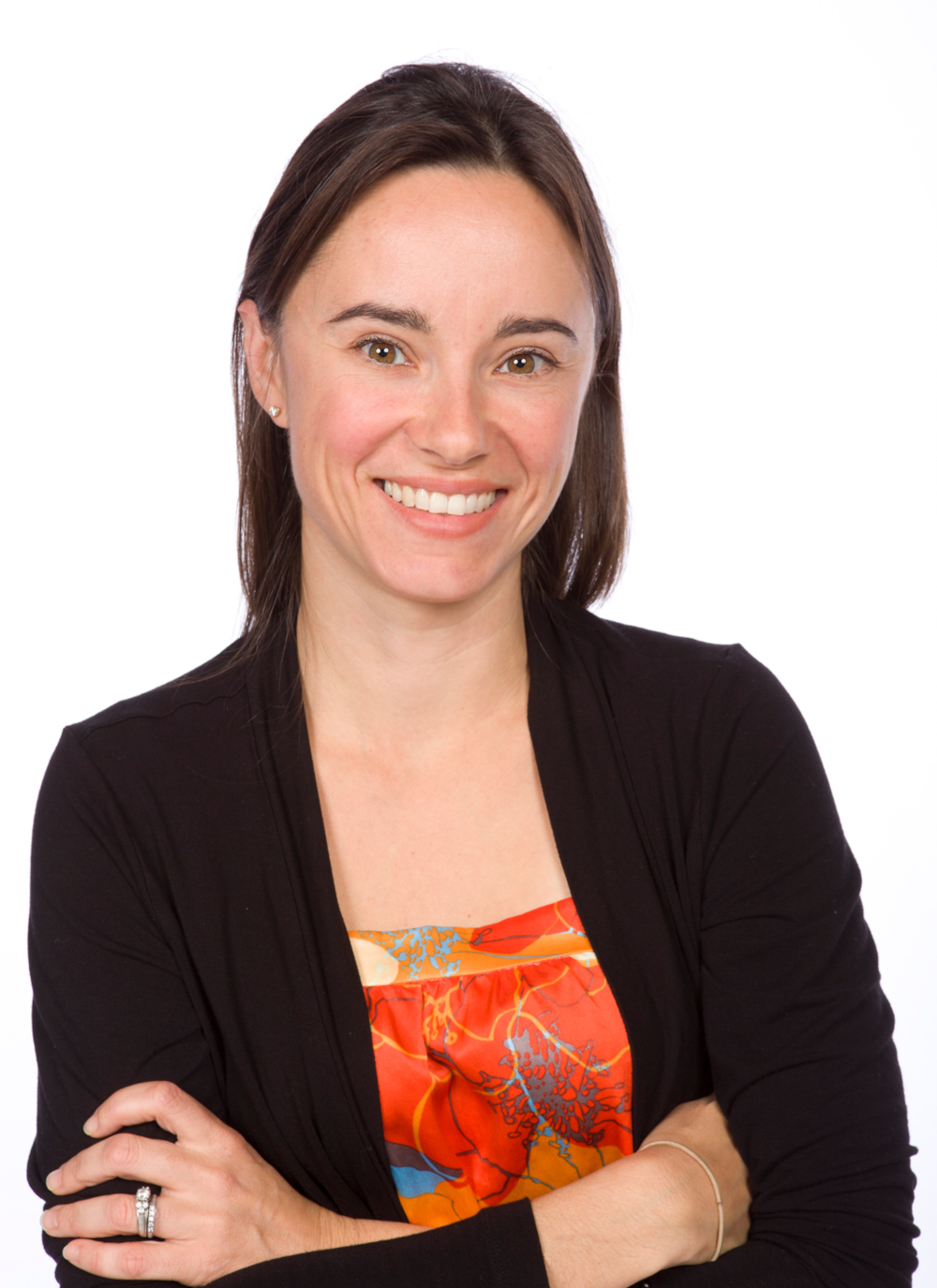
Honorary Survivor, Elder Catherine McGuire, far right, raised the flag designed by Residential School Survivors and the National Centre for Truth and Reconciliation, which will be on display in the Agora for the month of September.
September 7, 2022 – Thunder Bay, Ont.
Lakehead University unveiled its new Every Child Matters crosswalk and raised a National Truth and Reconciliation flag on Wednesday, Sept. 7.
Lakehead raised the flag, designed by Residential School Survivors and the National Centre for Truth and Reconciliation, and unveiled the crosswalk in the Agora Circle with help from some local dignitaries.
The crosswalk is permanent and the flag will be proudly on display until the end of September.
“Raising this flag at both Lakehead University campuses is an important symbol of the work we are doing to honour remembrance and enact reconciliation to better serve Indigenous students and communities,” said Denise Baxter, Vice-Provost, Indigenous Initiatives, at Lakehead University.
“The Every Child Matters crosswalks remind us that every child matters and as a post-secondary institution, we must be vigilant in our education, research, outreach, and community service,” Baxter said.
“The crosswalks we've added to our campuses in Thunder Bay and Orillia are considered pathways, and they remind everyone, every day, that we must be vigilant to ensure that no child experiences the hurt of being taken away from their families," said Dr. Moira McPherson, Lakehead University’s President and Vice-Chancellor.
“In addition to these pathways, today we raised the National Centre for Truth and Reconciliation’s Survivors Flag as another expression of remembrance – to honour Residential School survivors and all the lives and communities impacted by Canada's Residential School system,” Dr. McPherson said.
Fort William First Nation Chief Peter Collins said reconciliation must be part of educational systems locally and globally.
“This is important work that needs to be done both at universities and other educational institutions. The Every Child Matters Crosswalk is important to remember the kids who never returned home to their families – it is important for Canadians to remember this and those across the world that this occurred,” he said.
“This sends a strong message to those whose memories are still in our hearts and minds.
Thanks to the university for its continued work promoting truth and reconciliation. It’s important for every student attending university to see this Every Child Matters crosswalk and remember those kids who never returned home from residential school,” Chief Collins said.
Wendy Houston, President of the Thunder Bay Métis Council, was thankful to participate in this important event.
“Commemorating the tragic history and enduring impacts of residential schools is an integral step on our journey to healing and reconciliation. We must continue to do everything possible to support communities in their efforts to foster healing for survivors and their families, and to be reminded that every child matters,” President Houston added.
The event memorialized the children lost to the residential school system and honoured survivors and their families. Learning and commemorating the truth of Canada's history is an important part of the path to reconciliation.
Nishnawbe Aski Nation Deputy Grand Chief Anna Betty Achneepineskum said it’s encouraging that education institutions are acknowledging the true history of Canada and the original inhabitants of these lands and waters.
“The raising of this flag and creation of Every Child Matters crosswalks are positive steps towards truth and reconciliation. Participation in these events will help First Nations achieve milestones on their healing journey,” Deputy Grand Chief Achneepineskum said.
“Reconciliation efforts are important and necessary in the process of healing,” said Anishinabek Nation’s Regional Deputy Grand Chief Melvin Hardy.
“Outward demonstrations of support and acknowledgement of history, such as this, are beacons of hope for many and this crosswalk will be used by thousands and hopefully will touch as many. Hopefully people will take a moment to reflect on what Every Child Matters means, each time they use it.”
The Vice-President of Operations and Finance at the Lakehead University Student Union, Yamandeep Malhi, said similar to wearing an orange shirt, the unveiling is a way to acknowledge the truth – not only of Canada's colonial history, but of its colonial present.
“Today we recommit to justice for Indigenous peoples on and off campus,” Vice-President Malhi said.
“While these symbols are important, we also know the best way to honour the memory of the thousands of Indigenous children taken from their communities, cultures, and languages is with real action.”
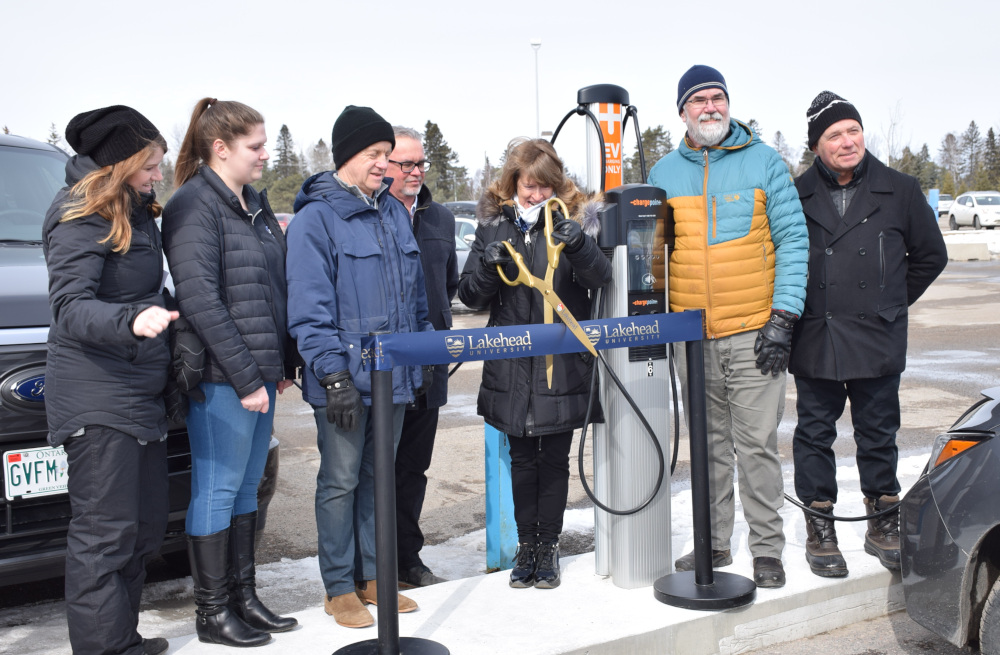
Dr. Moira McPherson and Honorary Survivor, Elder Catherine McGuire, cut the ribbon to unveil the
Every Child Matters crosswalk with help from local dignitaries.
– 30 –
Media: For more information or interviews, please contact Brandon Walker, Media, Communications and Marketing Associate, at (807) 343-8110 ext. 8372 or mediarelations@lakeheadu.ca.
Lakehead University is a fully comprehensive university with approximately 9,700 full-time equivalent students and over 2,000 faculty and staff at two campuses in Orillia and Thunder Bay, Ontario. Lakehead has nine faculties, including Business Administration, Education, Engineering, Graduate Studies, Health & Behavioural Sciences, Law, Natural Resources Management, Science & Environmental Studies, and Social Sciences & Humanities. Lakehead University’s achievements have been recognized nationally and internationally, including being ranked, once again, among Canada’s Top 10 primarily undergraduate universities in Maclean’s 2021 University Rankings; as well as included in the top half of Times Higher Education's 2022 World Universities Rankings for the third consecutive year, and the number one university in the world with fewer than 10,000 students in THE’s 2022 Impact Rankings (which assesses institutions against the United Nations’ 17 Sustainable Development Goals). Visit www.lakeheadu.ca.
